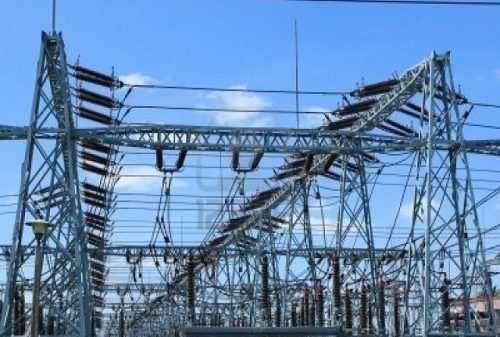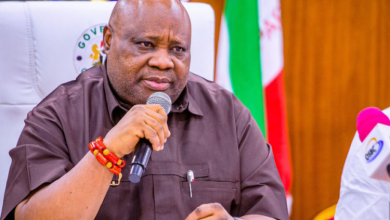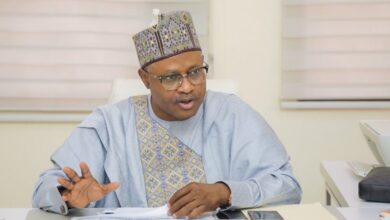FG Plans Construction Of Super Grid To Address Frequent Power Grid Failures

To address the frequent collapses of Nigeria’s national grid, the Federal Government has initiated plans to construct what it calls a “super grid.” Bolaji Tunji, the media aide to the Minister of Power, Adebayo Adelabu, made this known in a statement released on Tuesday. The minister disclosed these plans while attending the China-Africa Cooperation Summit in China.
Adelabu criticized the current state of the national grid, stating that it cannot support the country’s power sector vision. He highlighted the limitations in the strength, capacity, and age of the existing network. As a solution, he announced plans to construct both a Western and Eastern supergrid.
“We have been working on this since my resumption. I can also confirm that the President fully supports this initiative, as it will enhance our transmission network, stabilize the grid, and expand its capacity and flexibility,” Adelabu stated.
He added that 90 percent of the necessary approvals have been secured, and the remaining steps will be completed soon.
The concept of a super grid was previously proposed by former Minister of Power, Barth Nnaji, who also advocated for the construction of a 765KV network to address the repeated collapses of the national grid. According to Nnaji, the current 330KV network is not robust or well-structured, contributing to its frequent failures. He emphasized that the 765KV super grid would be essential to efficiently transmit power from high-capacity plants like the Mambilla Power Plant, which is expected to produce over 10,000 megawatts.
Nnaji also advocated for multiple, autonomous grids connected to the national grid to improve reliability and minimize failures. While the 330KV and 132KV networks remain inadequate, a 765KV network would enable Nigeria to distribute power from various plants to different parts of the country.
Adebayo Adelabu’s revival of the super grid project has been praised by the Chairman of Geometric Power, Barth Nnaji, as a vital step toward addressing Nigeria’s transmission challenges. The national grid collapsed multiple times in 2024, leaving many Nigerians without electricity. The proposed super grid is seen as a long-term solution to these persistent issues.



